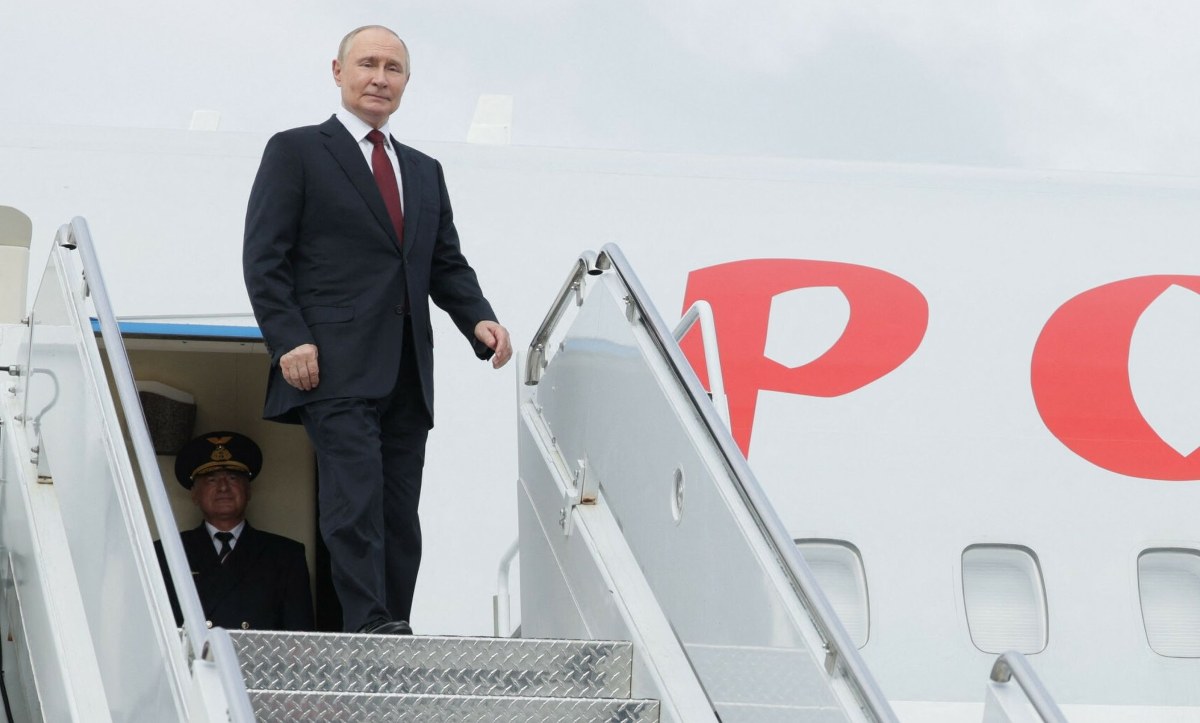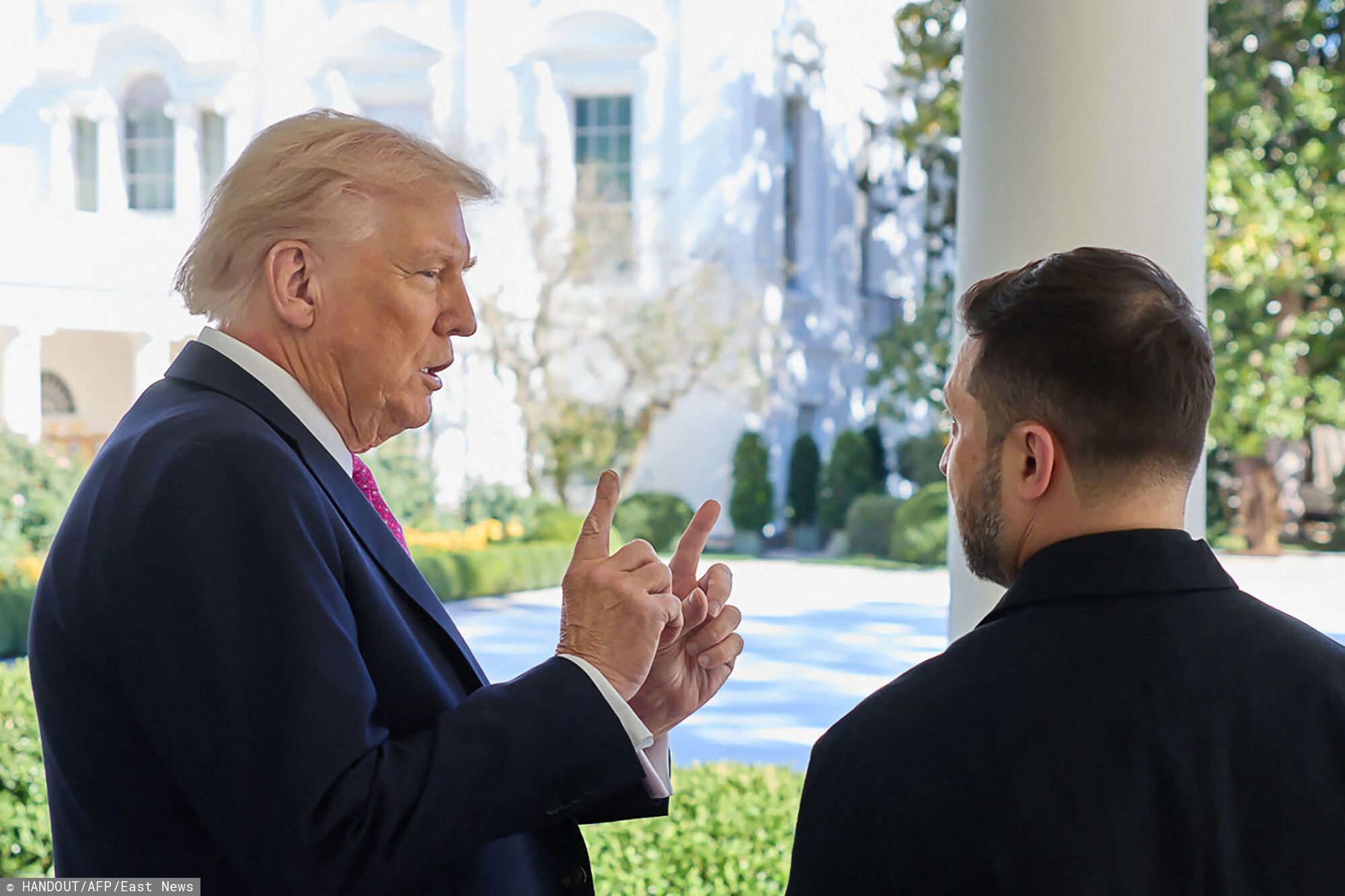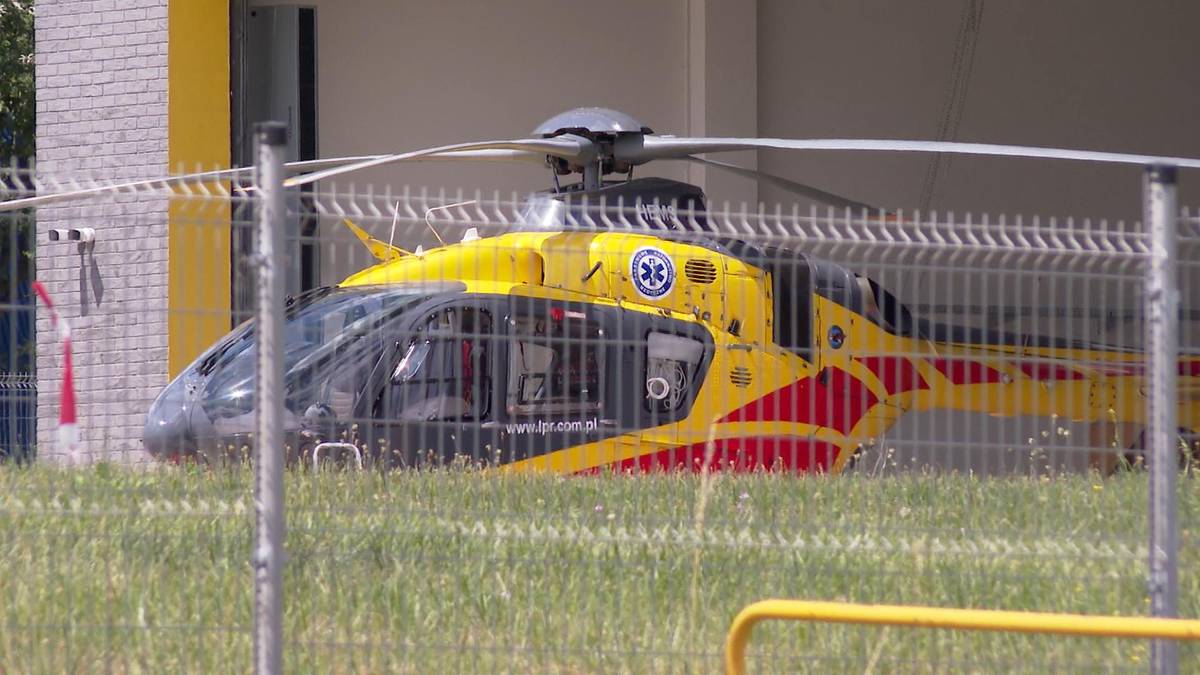For so many years, Europeans have been travelling without passports. "Permanent state of emergency"
natemat.pl 4 months ago
- Homepage
- World politics
- For so many years, Europeans have been travelling without passports. "Permanent state of emergency"
Related
"Zniszczy Cię"
59 minutes ago
recommended
Ustawa o statusie osoby najbliższej. Prezydent zabrał głos
17 minutes ago
Tragedia w żłobku. Nie żyje 15-miesięczne dziecko
24 minutes ago
Tragedia w żłobku w Kołobrzegu. 1,5-roczne dziecko nie żyje
35 minutes ago













![Poznajesz tego mężczyznę? Policja apeluje o pomoc w ustaleniu jego tożsamości [FOTO]](https://swidnica24.pl/wp-content/uploads/2025/10/433-318824.jpg)